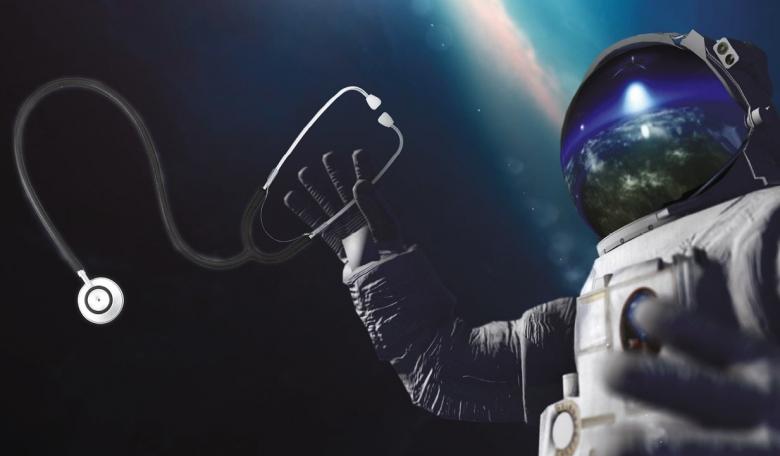Origins
Space medicine began in the late 1950s during the early days of human spaceflight. As both the United States and Soviet Union raced to put humans into space, it became clear that prolonged exposure to the conditions of space could have significant health effects on astronauts. The first space doctors focused on understanding the physiological impacts of living in microgravity and developing countermeasures to prevent problems like muscle atrophy, bone loss, and cardiovascular deconditioning. They also studied the stresses of launch and re-entry on the human body and identified potential space-related health risks like decompression sickness. This early research established space medicine as a distinct field focused on enabling humans to safely live and work in space.
Effects of Microgravity on the Body
One of the most significant challenges Space Medicine doctors face is mitigating the effects of microgravity on the human body. Without the constant stimuli of gravity, muscles and bones begin to weaken within days. Extended periods in microgravity can lead to rapid muscle and bone loss. Microgravity also shifts body fluids upward, which can compromise the cardiovascular and cerebrovascular systems. Astronauts on long-duration ISS missions undergo extensive exercise countermeasures using specialized equipment to keep their muscles and bones strong. Diet and medication are also used to support bone and muscle health in space. Still, returning astronauts experience considerable deconditioning and require rehabilitation upon returning to Earth's gravity.
Radiation Exposure Risks
Astronauts are exposed to elevated levels of radiation in low-Earth orbit and beyond due to the lack of protection from Earth's magnetic field and atmosphere. Extended exposure to radiation can increase cancer risks over the long-term. Acute radiation events from solar particle storms also pose dangers. Scientists are working to better characterize astronaut radiation exposures and develop mitigation strategies like protective spacecraft shielding. Radiation remains a significant health concern for deep space missions outside of Earth orbit where astronauts will experience levels far exceeding safety limits on Earth. New detection technologies and advance warning systems will help minimize radiation risks on future exploration missions to the Moon and Mars.
Get More Insights On- Space Medicine

